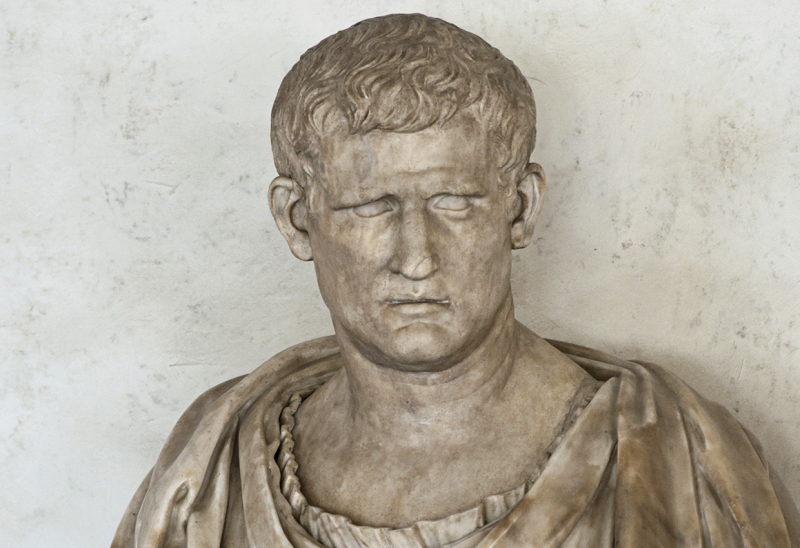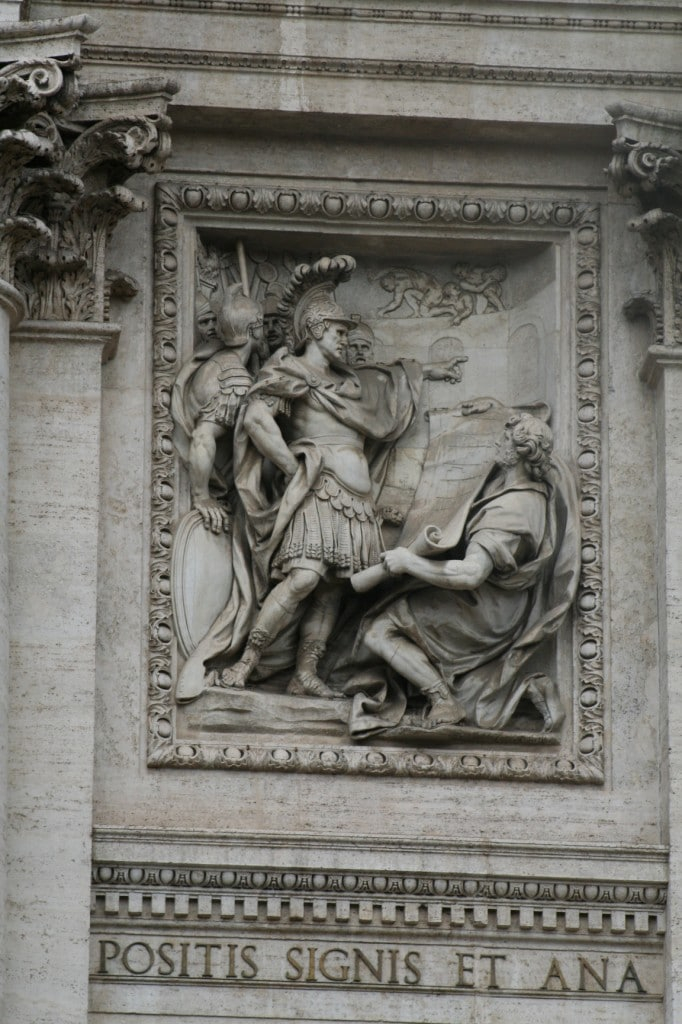He was a great military leader.
Unlike his great-uncle Julius Caesar, Octavian was never a very good general. Numerous significant military victories under Marcus Agrippa's command are deserving of praise. In 42 BCE, two years after Mark Antony and Octavian had defeated the anti-Caesarians commanded by Brutus and Cassius at Philippi, Sextus Pompey, the younger son of Pompey the Great, captured Sicily and Sardinia for the Republican faction that was opposed to the triumvirs. He essentially blocked off the Italian Peninsula with a naval blockade as a result, preventing grain from these islands and from North Africa from reaching Rome. Octavian attempted to reclaim Sicily after a hasty peace treaty was signed in 39 BCE, but he was defeated at the naval battle of Messina in 37 BCE.
Agrippa started by enlarging Lake Avernus and creating Portus Julius, a safe naval base close to Naples. After that, he invested the following winter on building a fleet and preparing an on-land navy. Agrippa engaged Sextus twice at Mylea in August 36 BCE while Lepidus and Statilius Taurus attacked Sicily. At the Battle of Narloches, Agrippa destroyed Sextus' fleet, losing only three of his 300 ships compared to 28 sunk and more than 260 captured on the Pompeian side. Lepidus was removed from the triumvirate following the battle, and Octavian assumed sole command of the western portion of Roman territory.









